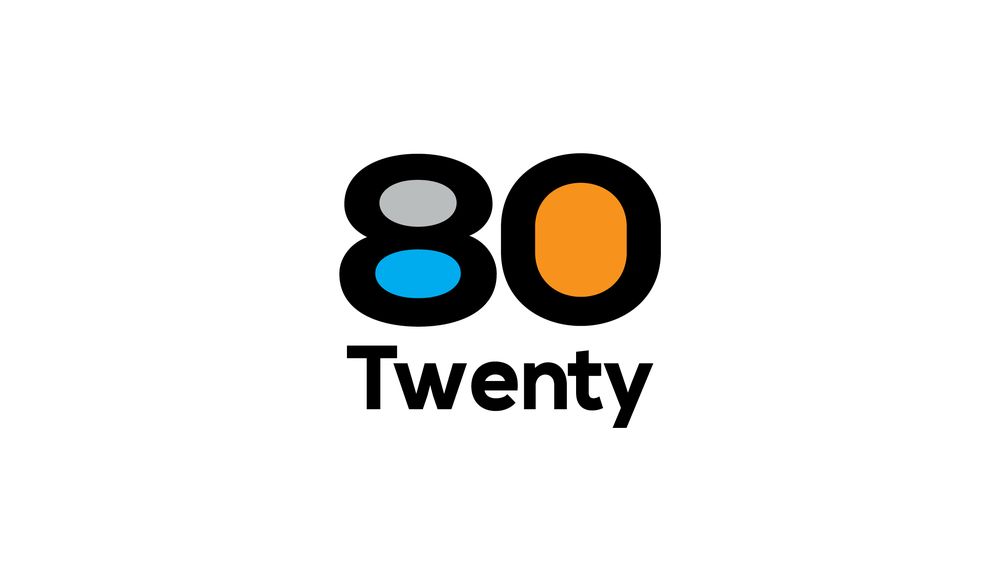Introduction:
The 80/20 rule, also known as the Pareto Principle, is a fascinating concept that finds application in various aspects of life and work. Coined by Italian economist Vilfredo Pareto in the early 20th century, this principle suggests that approximately 80% of outcomes result from 20% of inputs. In this article, we'll explore the significance of the 80/20 rule, its applications across different domains, and how embracing this principle can lead to increased efficiency and productivity.
Understanding the 80/20 Principle:
At its core, the 80/20 rule is a statistical observation that a small percentage of efforts or inputs often lead to a large percentage of results. While the exact ratio may vary, the underlying principle remains consistent: a disproportionate impact is driven by a minority of factors.
Applications in Business and Productivity:
-
Time Management:
- In the realm of productivity, the 80/20 rule suggests that a significant portion of our achievements comes from focusing on the most critical tasks. By identifying and prioritizing the 20% of tasks that contribute the most value, individuals and businesses can optimize their time and efforts.
-
Customer Relationship Management:
- In business, it is often observed that a small percentage of customers contribute to a large portion of revenue. Recognizing and nurturing these key relationships can lead to more targeted and effective customer management strategies.
-
Project Management:
- Applying the 80/20 rule to project management involves identifying the most impactful activities that drive project success. Focusing resources on these critical elements can lead to more efficient project execution and delivery.
-
Sales and Marketing:
- In sales and marketing, the 80/20 rule suggests that a significant portion of sales may come from a small segment of products or customers. By concentrating efforts on these high-impact areas, businesses can enhance their overall performance.
-
Personal Development:
- On a personal level, the 80/20 rule can guide individuals in identifying the most effective habits and activities that contribute to personal growth. By prioritizing these activities, individuals can make the most of their time and energy.
Challenges and Considerations:
While the 80/20 rule is a powerful concept, it's important to note that the specific ratios can vary, and the principle is more of a guideline than a strict rule. Additionally, applying the principle effectively requires careful analysis and ongoing evaluation of key factors.
Conclusion:
The 80/20 rule serves as a valuable framework for optimizing efforts and resources in both professional and personal realms. By identifying the critical few factors that drive the majority of results, individuals and businesses can streamline their focus, increase efficiency, and achieve more impactful outcomes. Embracing the 80/20 principle invites a shift in mindset towards strategic thinking and prioritization, ultimately leading to a more productive and fulfilling life.
Referances:
The 80/20 Principle: The Secret to Achieving More with Less by Richard Koch | Goodreads
